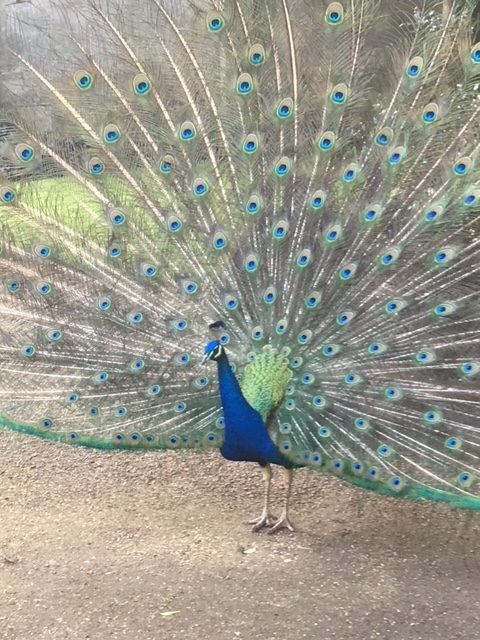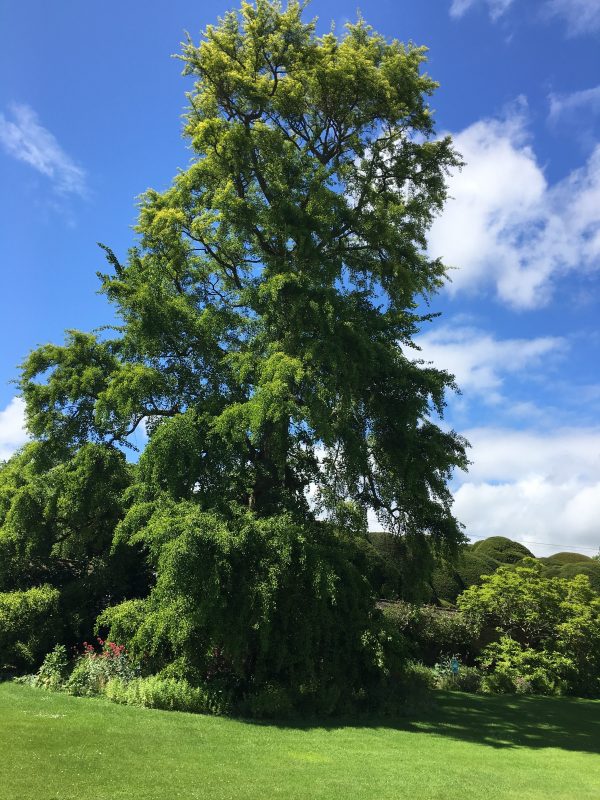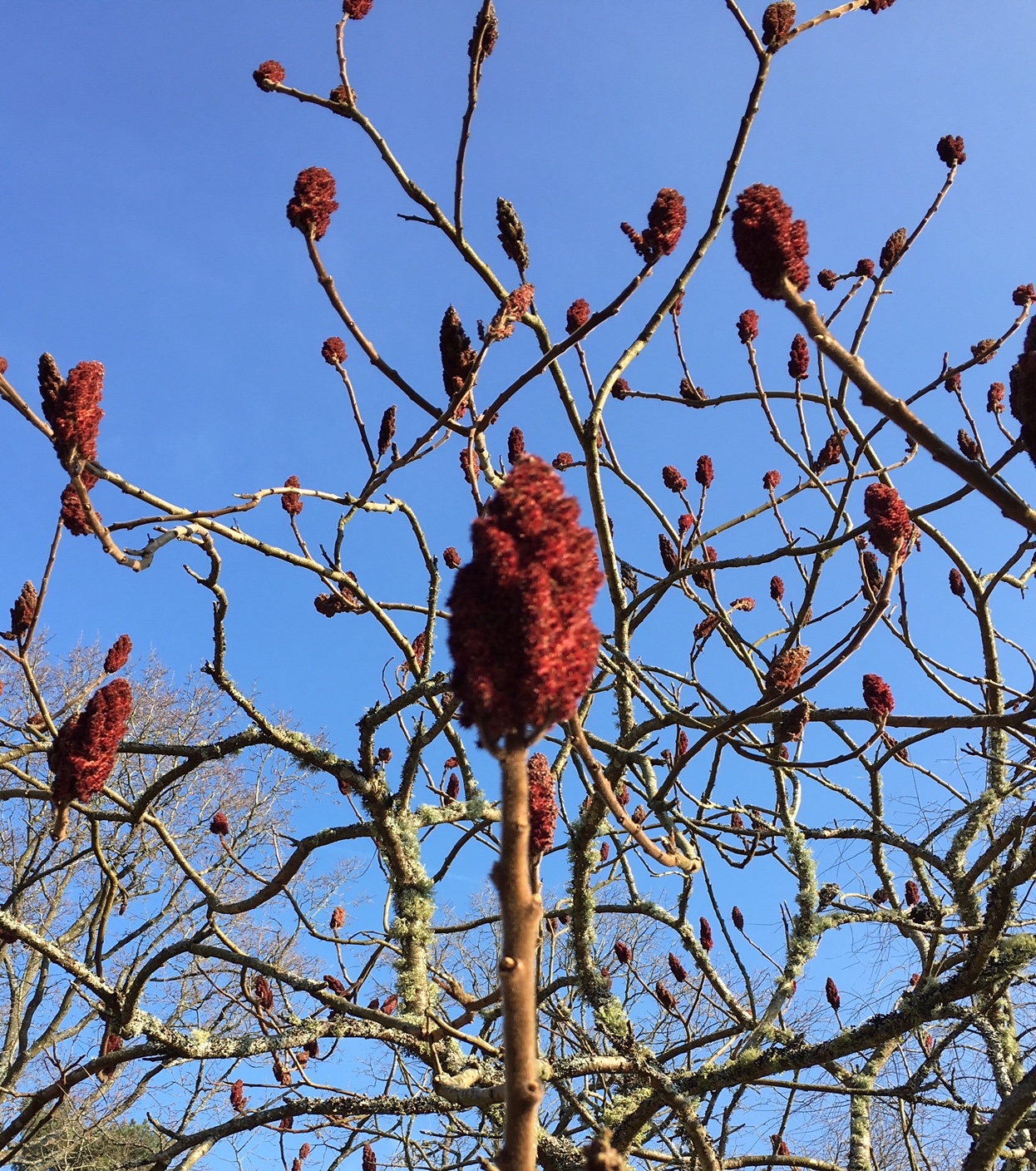Zeus, father of the gods, transformed his love, Io, into a cow for fear of discovery by wife, Hera. She, knowing her husband well, saw through his ruse and begged Zeus for the cow, exclaiming how beautiful it was. Hera bade Argus of the hundred eyes to watch over the cow. Desperate, Zeus sent Hermes […]
Continue ReadingWriting Nature: Ecocriticism & Ecolinguistics Uncovered
Ginkgo biloba, Corsham Court, Wiltshire Nature writing, that is, non-fiction or fiction prose or poetry about or inspired by nature, is no new thing. Indeed, as far back as Hippocrates (490-370 BC) people were writing about nature. But latterly, it has experienced a resurgence. The meaning of the term ‘nature writing’ has shifted such […]
Continue ReadingSign & Communication in the Other-than-Human World: Biosemiotic & Pragmastylistic Concepts in Literary Analysis
All living organisms interpret (make meaning of) and represent (communicate) their world through a series of signs and codes. A plant may sense a change in daylight hours (photoperiodicity) as a sign which it encodes as a prompt to initiate flower-bud formation, just as a human might sense the sign of hot weather and encode […]
Continue ReadingUnlocking the Writer-Reader Relationship: tools and theories basics
As a creative writer, I love the use of language and enjoy receiving feedback to suggest my writing has ignited an emotional response. Sometimes, the story may only allow for a brief character sketch, but the reader reports to having in mind a very strong and well-defined picture of that character. I wonder, then, about […]
Continue Reading









